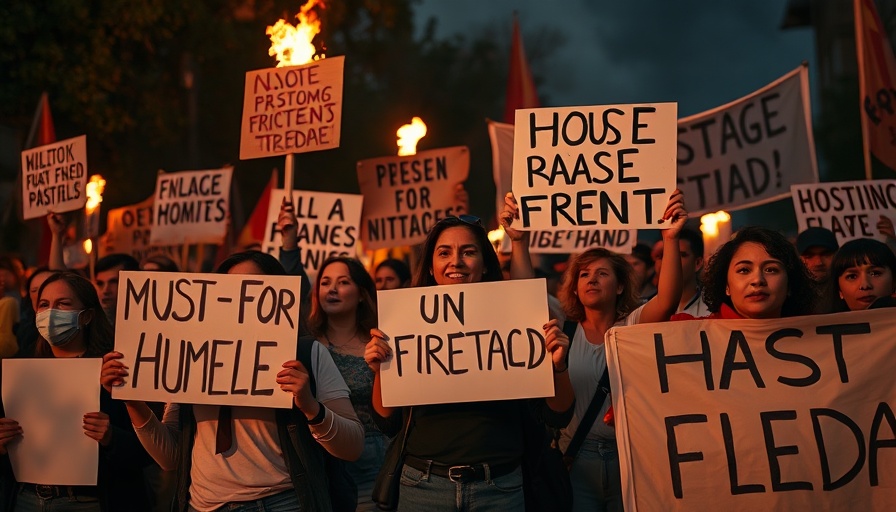
Global Leaders Push Back Against Trump’s Tariffs
World leaders have united to condemn US President Donald Trump’s latest tariff announcements, labeling them as "wrong" and "unjustified." Italy's Prime Minister Giorgia Meloni expressed that the imposed 20% tariff rate on goods from the European Union serves no beneficial purpose for either party involved. Meanwhile, Australian Prime Minister Anthony Albanese remotely criticized a 10% import tax on Australia, warning that it could lead to higher prices for American consumers.
Understanding the Implications of Tariffs
The new tariff system, effective from April 5, 2023, will enforce a universal 10% baseline tariff on all imports and impose even steeper tariffs on 60 countries, including China and members of the EU, starting April 9. Trump’s rationale behind this decision is to “make America rich again.” However, critics are concerned that such unilateral economic strategies may ignite international trade wars, disrupting global markets and affecting consumers worldwide.
Calls for Dialogue and Cooperation
In response to Trump’s measures, Meloni emphasized the importance of negotiations to avoid a trade war, indicating her willingness to seek an amicable resolution. Leaders from several countries, including Spain and Ireland, echoed similar sentiments, advocating for dialogue as the best path forward rather than retaliatory tariffs. Ireland’s Taoiseach, Micheál Martin, highlighted that Trump’s decision was deeply regrettable and likely harmful to all involved.
The Global Perspective: Warning Signs from Asia and Latin America
In Asia, South Korea’s acting President Han Duck-soo affirmed the shift towards a global trade war, stating that the reality of increased tariffs is becoming apparent. Similarly, Brazil has moved swiftly to respond by approving the Economic Reciprocity Law, ensuring retaliation against the US tariffs. The tensions are echoing throughout major economies and pose threats to international trade dynamics.
The Larger Economic Impact
As trade relationships strain under the pressure of tariffs, there looms a significant concern over long-term economic growth. Countries that are directly affected will likely respond with their own tariffs, creating a domino effect that can hurt global economies, including the US. Experts predict that American consumers might ultimately face the brunt of these tariffs through higher prices, ultimately raising questions about the effectiveness of such measures.
In light of these developments, it is crucial for policymakers, business leaders, and legal professionals to stay informed and understand the broader implications of shifts in trade policies. An emphasis on cooperation over conflict may not only help safeguard markets but also foster stronger global relationships.
 Add Row
Add Row  Add Element
Add Element 



Write A Comment